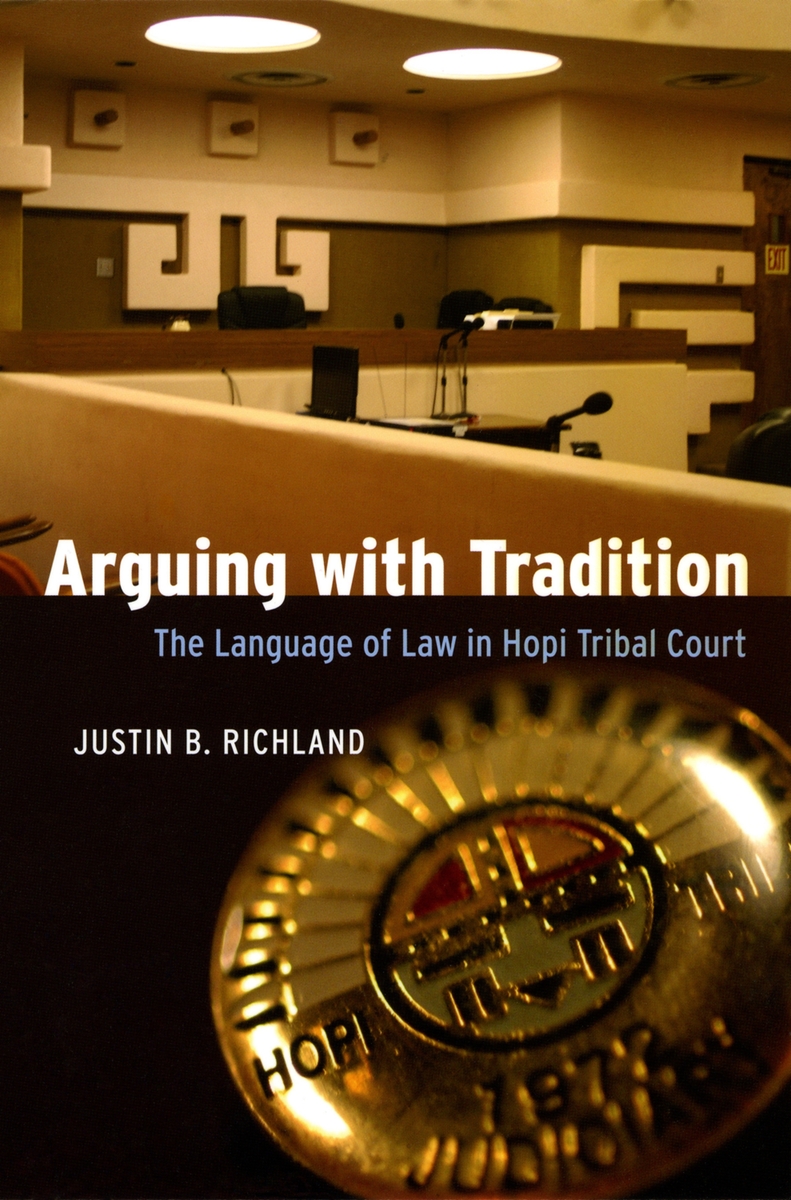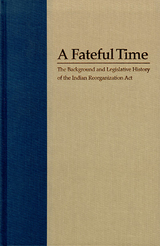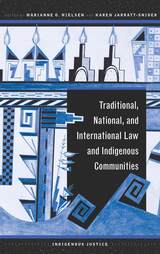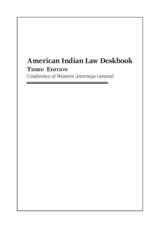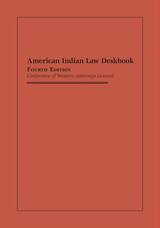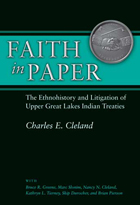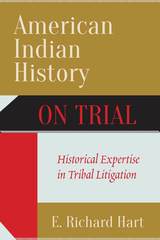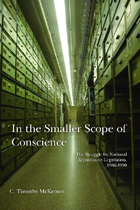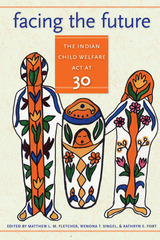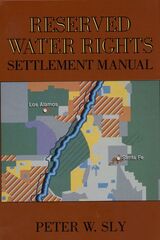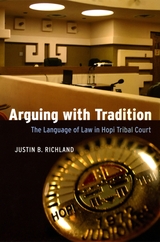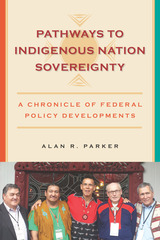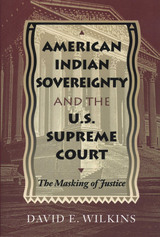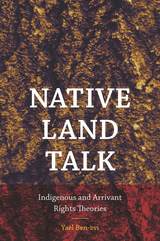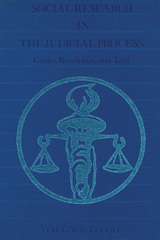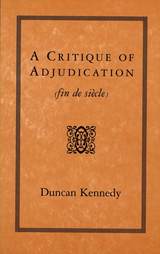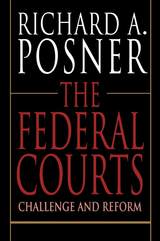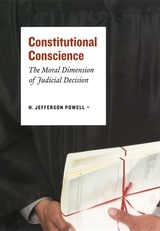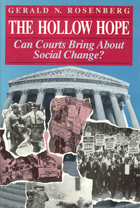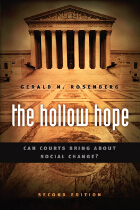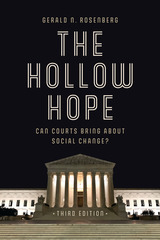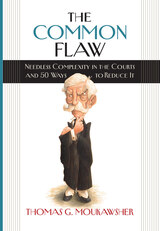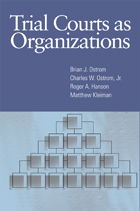Arguing with Tradition: The Language of Law in Hopi Tribal Court
University of Chicago Press, 2008
Paper: 978-0-226-71295-6 | Cloth: 978-0-226-71293-2 | eISBN: 978-0-226-71296-3
Library of Congress Classification KF8228.H67R53 2008
Dewey Decimal Classification 346.73013
Paper: 978-0-226-71295-6 | Cloth: 978-0-226-71293-2 | eISBN: 978-0-226-71296-3
Library of Congress Classification KF8228.H67R53 2008
Dewey Decimal Classification 346.73013
ABOUT THIS BOOK | AUTHOR BIOGRAPHY | REVIEWS | TOC | REQUEST ACCESSIBLE FILE
ABOUT THIS BOOK
Arguing with Tradition is the first book to explore language and interaction within a contemporary Native American legal system. Grounded in Justin Richland’s extensive field research on the Hopi Indian Nation of northeastern Arizona—on whose appellate court he now serves as Justice Pro Tempore—this innovative work explains how Hopi notions of tradition and culture shape and are shaped by the processes of Hopi jurisprudence.
Like many indigenous legal institutions across North America, the Hopi Tribal Court was created in the image of Anglo-American-style law. But Richland shows that in recent years, Hopi jurists and litigants have called for their courts to develop a jurisprudence that better reflects Hopi culture and traditions. Providing unprecedented insights into the Hopi and English courtroom interactions through which this conflict plays out, Richland argues that tensions between the language of Anglo-style law and Hopi tradition both drive Hopi jurisprudence and make it unique. Ultimately, Richland’s analyses of the language of Hopi law offer a fresh approach to the cultural politics that influence indigenous legal and governmental practices worldwide.
Like many indigenous legal institutions across North America, the Hopi Tribal Court was created in the image of Anglo-American-style law. But Richland shows that in recent years, Hopi jurists and litigants have called for their courts to develop a jurisprudence that better reflects Hopi culture and traditions. Providing unprecedented insights into the Hopi and English courtroom interactions through which this conflict plays out, Richland argues that tensions between the language of Anglo-style law and Hopi tradition both drive Hopi jurisprudence and make it unique. Ultimately, Richland’s analyses of the language of Hopi law offer a fresh approach to the cultural politics that influence indigenous legal and governmental practices worldwide.
See other books on: Arguing | Courts | Hopi Indians | Indian courts | Tradition
See other titles from University of Chicago Press
